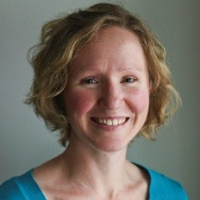Scientists have known for a long time that microbes can take up extracellular DNA fragments, and they have leveraged this transformation process to genetically modify bacteria in the lab. However, transformation is quite fickle and depends on creating the right balance of reagent concentrations and cellular conditions. How this process takes place outside of the petri dish, in more natural bacterial environments such as soil, has proven more difficult to determine.
In this episode, Nele Haelterman from The Scientist’s Creative Services Team spoke with Heather Kittredge, a postdoctoral research associate at the University of Connecticut, and Sarah Evans, an associate professor of integrative biology at Michigan State University, to learn more about natural transformation in bacteria and its implications for the rise in antibiotic resistance.
The Scientist Speaks is a podcast produced by The Scientist’s Creative Services Team. Our podcast is by scientists and for scientists. Once a month, we bring you the stories behind news-worthy molecular biology research.
Speakers

Postdoctoral Research Associate
Department of Ecology and Evolutionary Biology
University of Connecticut

Associate Professor
Department of Integrative Biology
W.K. Kellogg Biological Station
Michigan State University
Virulence Meets Metabolism: The Unique Evolution of Staphylococcus aureus
Bacteria Go Dormant to Survive Antibiotics and Restart Infections






